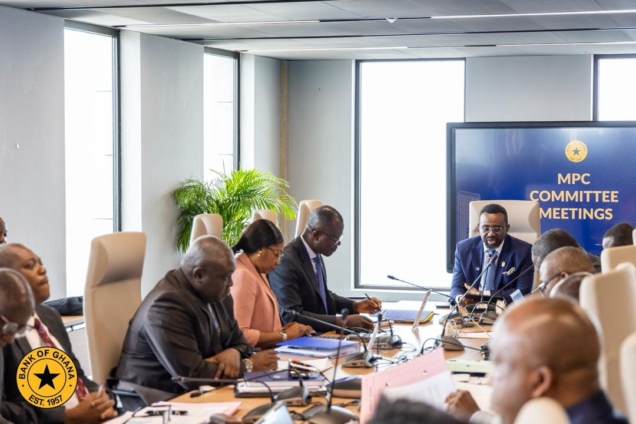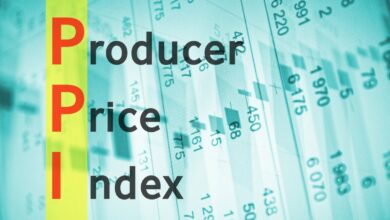Ghana’s trade surplus hits $6.2bn in eight months of 2025; gross reserves reached $10.7bn – BoG Governor
The Bank of Ghana Governor, Dr. Johnson Asiama, has revealed that Ghana's trade surplus has increased to $6.2 billion for the first eight months of this year.

According to him, this was underpinned by robust gold exports and higher cocoa receipts.”
The Bank of Ghana Governor disclosed this when he opened the 126 Monetary Policy Committee meeting today, 15th September 2025.
Dr. Asiama also stated that, despite seasonal pressure on the cedi and moderation in remittance inflows in recent weeks, the country’s International Gross Reserve stood at US$10.7 billion in August, covering approximately 4½ months of imports.
On the cedi, he argued that the local currency remains among the strongest globally year-to-date, having appreciated by about 21% as of September 12, 2025.
“It now ranks alongside high performers such as the Russian ruble, Swedish krona, Norwegian krone, Swiss franc, Euro, and British pound. This outperformance reflects prudent monetary policy, effective liquidity management, fiscal consolidation, and increased foreign-exchange inflows,” the Governor added.
Banking Sector Development
The Bank of Ghana Governor went ahead to assure the public that the banking sector remains stable and improving, with the capital adequacy ratio (without reliefs) rising to 19.5% in July 2025.
He also revealed that while NPLs remain elevated at 21.7% it dropped to 8.4% when fully provisioned losses are excluded, underscoring ongoing resilience as recapitalisation and strict underwriting continue.

On the fiscal side, he said “the execution in the first half of 2025 signaled consolidation: the deficit on a commitment basis was contained at 0.7% of GDP [Gross Domestic Product], below target, contributing, together with cedi strength and external restructuring to a decline in the public debt ratio by mid-year.”
On policy rate development, the Governor reiterated that “the committee’s readiness to adjust as the disinflation process evolves and risks, such as global trade disruptions or prospective utility tariff adjustments are assessed”.
The Governor believes that its tight monetary stance and fiscal consolidation played a critical role in headline inflation falling further to 11.5% in August 2025.
SOURCE: JOY ONLINE




